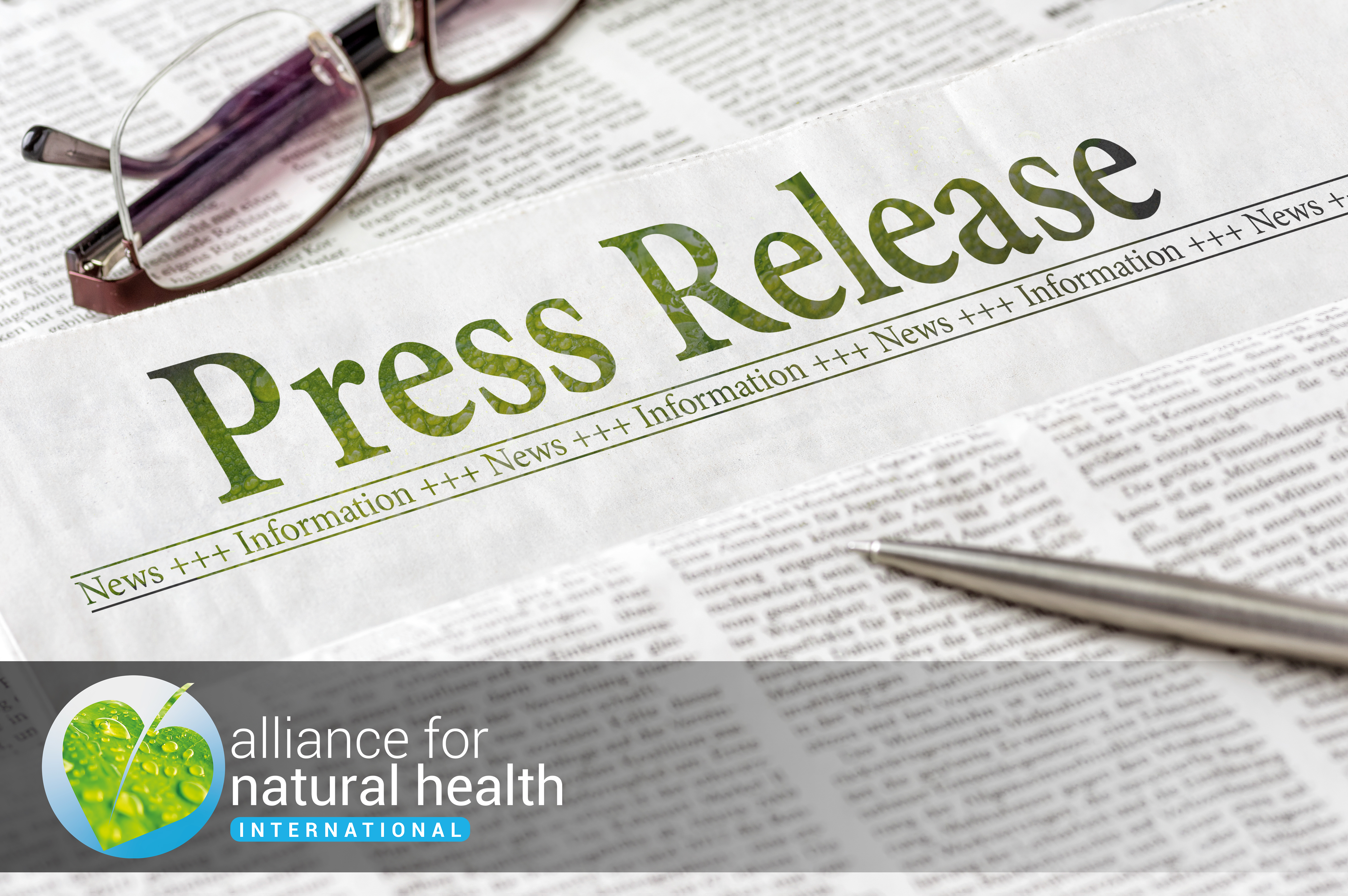Content Sections
EUROPEAN UNION PREPARES TO BAN HIGHER DOSE VITAMIN B6
The proposed ban will limit freedom of choice and prevent the vitamin’s use in reducing Alzheimer’s risk and symptoms of premenstrual syndrome
European authorities have moved another step closer in an attempt to greatly limit the daily amounts of vitamin B6 that consumers in the EU will be able to access in food supplements. Last Friday night (10 February), the European Food Safety Authority (EFSA) closed a public consultation that was open for only a month.
The consultation sought comments on its proposal to reduce the Tolerable Upper Level for vitamin B6, the maximum daily amount deemed safe for long-term use from all sources (i.e. food and supplements), to a paltry 12.5 mg per day.
This proposed new level is half the previous level set by the EFSA’s predecessor, the Scientific Committee on Food. It is also just one eighth of the amount deemed safe (100 mg/day) by the US equivalent, the National Academy of Medicine.
In its consultation response, the Alliance for Natural Health (ANH) Europe has highlighted gross irregularities in the scientific process being used by EFSA.
Scientific director, Robert Verkerk PhD, said,
“The remit given to EFSA by the Commission was to review the level based on new science and methodologies. Instead, EFSA ignored new methodologies and used old, discredited, or irrelevant science, including an old study on five beagle dogs conducted over 45 years ago.
Dr Verkerk added,
“Not only that, EFSA wants to apply this new level to all forms of vitamin B6 to protect people from any risk of peripheral neuropathy, despite this only having been linked to one form – pyridoxine – and then only when megadoses of 1000 mg have been taken over extended periods.”
ANH Europe asserts that it would be legally disproportionate if EU member states or the European Commission attempt to lower levels of all forms, especially the bioactive, coenzyme, pyridoxal 5’-phosphate form, based on this reduced TUL.
Director of ANH Europe, Dr Nick van Ruiten, voiced grave concern over EFSA’s proposal, commenting,
“This is part of a very slippery slope for free choice and self-care in the EU. On the back of a conclusive body of science showing that higher dose B6, B12, folate and Omega-3 fatty acids lower the risk of cognitive decline and Alzheimer’s, as well as thousands of women relaying on B6 to relieve their PMS symptoms, EFSA’s proposal is nonsensical. Especially in view of the huge amount of data on the vitamin’s safety, especially when used in the coenzyme form.”
ANH Europe, and other organisations which criticised EFSA’s proposal, are hopeful that some adjustments will be made to EFSA’s final opinion. If not, this could soon lead national regulators to further lower their own limits. The European Commission has indicated its intention to push ahead with the harmonisation of vitamin and mineral levels across the EU, a plan that’s been on the drawing board since the passage of the EU Food Supplements Directive in 2002. ANH Europe’s consultation response to EFSA can be downloaded below.
END.
CONTACT
Please contact Melissa Smith by email or telephone if you require any further information:
Email: [email protected]
Telephone: +44 1483 362200
NOTES TO THE EDITOR
EFSA public consultation announcement on vitamin B6:
https://connect.efsa.europa.eu/RM/s/publicconsultation2/a0l09000006qMHZ/pc0353
ANH Europe’s consultation response to EFSA’s consultation can be downloaded at the following link: https://www.anhinternational.org/resources/documents/230210-anh-b6-consultation-response/
About Alliance for Natural Health Europe
anheurope.org
Alliance for Natural Health (ANH) Europe is the European, Netherlands-based representative of the ANH International (www.anhinternational.org), an internationally active, UK headquartered, non-profit organisation founded in 2002 that seeks to protect and promote natural and sustainable approaches to health care.
We support approaches to self-care and health care that work with, rather than against, nature.
Members of our alliance include health professionals, scientists, lawyers, natural product companies and members of the public.




